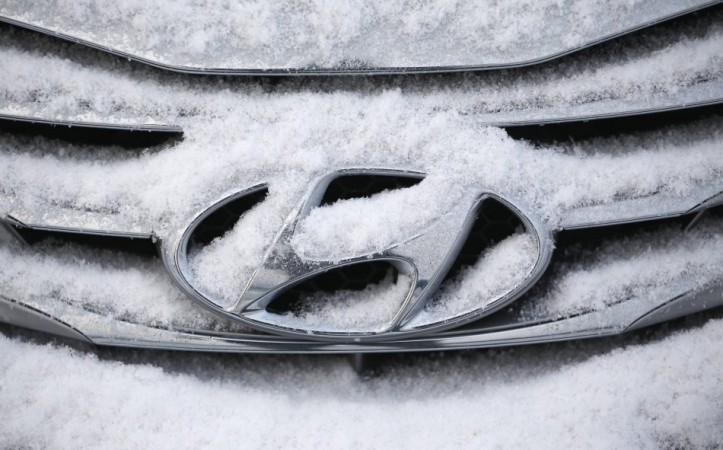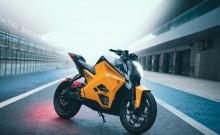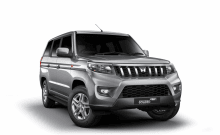
Hyundai is reportedly gearing up to bring its new facelifted Verna to the Indian market by the end of this year, claims a new report.
Hyundai Verna, a C2 segment sedan which was a hit in India, is now getting an updated version in the country. However according to AutoCar India, the current version of Verna will continue its journey in the domestic market.
The new Verna called Solaris has already gone on sale in few international markets like Russia, where it replaced the current model.
Solaris flaunts a restyled front fascia with larger headlamps and new grille. The rear end of the car too looks stylish with reworked bumper and LED tail lamps. As far as interior of the new Verna is concerned, the car is likely to retain the current design and technology.
On the mechanical front too, the new vehicle is likely to come with the same engine specifications. Hyundai will offer the new Verna with a choice of 1.4-litre diesel and petrol engines and 1.6-litre diesel and petrol engines. In Russia, the company updated the automatic variant of petrol model to a 6-speed transmission from a 4-speed unit. The India specific model is likely to get the same.
When it reaches Indian market, it will take on the likes of Honda City, VW Vento, and Maruti Ciaz and is likely to fall in the price range of ₹7.30 lakh to ₹11.50 lakh.
Hyundai will also be bringing its next generation i20 to India during this festive season. The new i20, which is likely to be monikered Grandi20 will probably come equipped with climate control, keyless entry, steering mounted audio controls, reverse camera, parking sensors and automatic day/night interior mirror.
On the mechanical front, the same 1.4-liter diesel and 1.2-liter Kappa2 engine will be doing the duty in the new i20, which is likely to come mated to either a five-speed or a six-speed manual transmission in India.
The petrol engine is expected to churn out 83 bhp of power and 113 Nm of peak torque and the diesel engine is to give 89 bhp of power and 219 Nm of torque.











